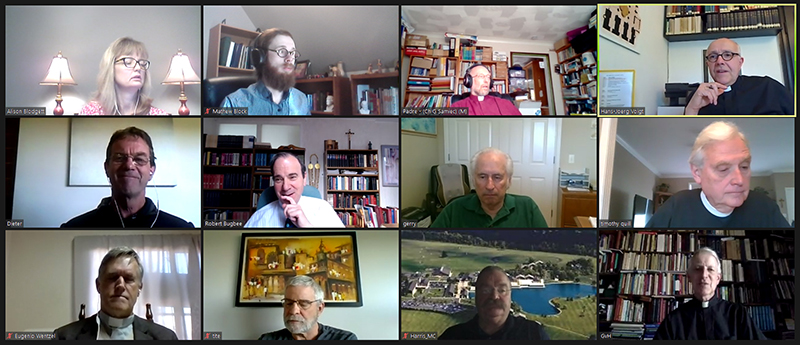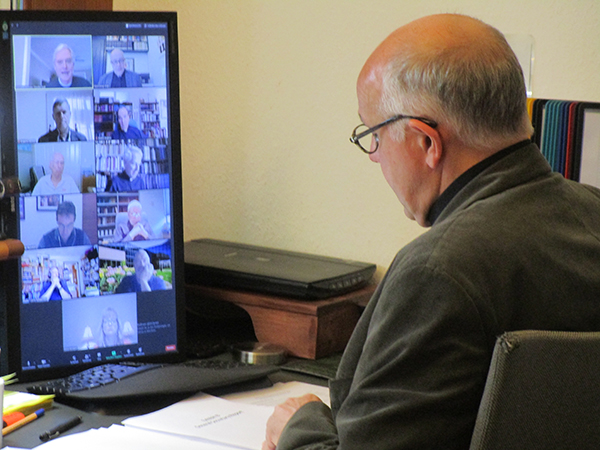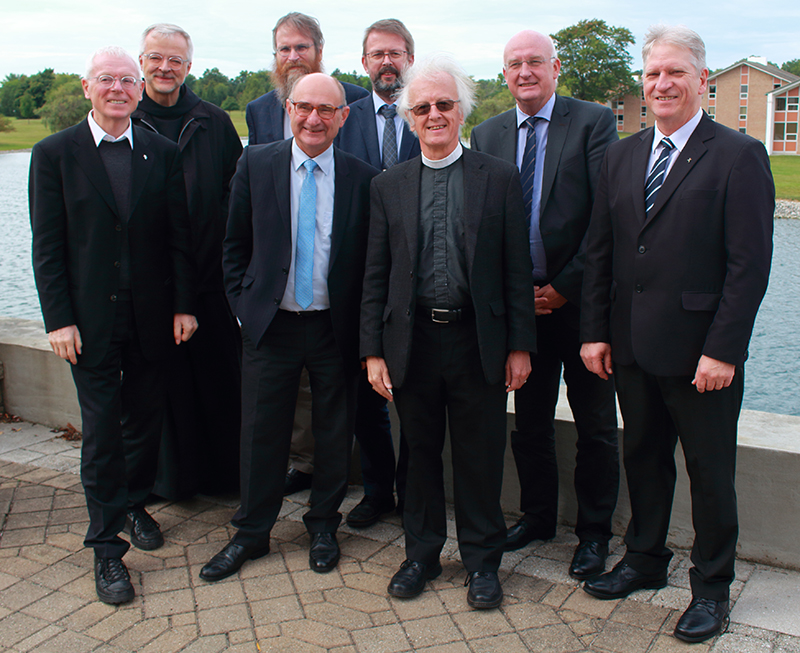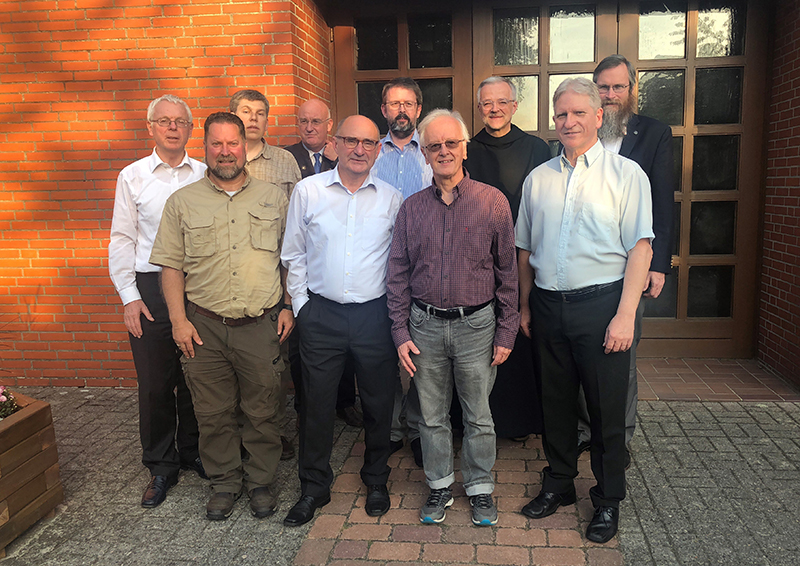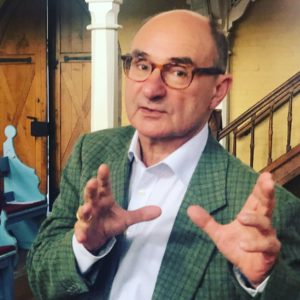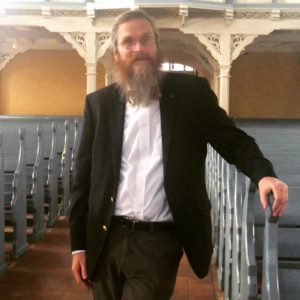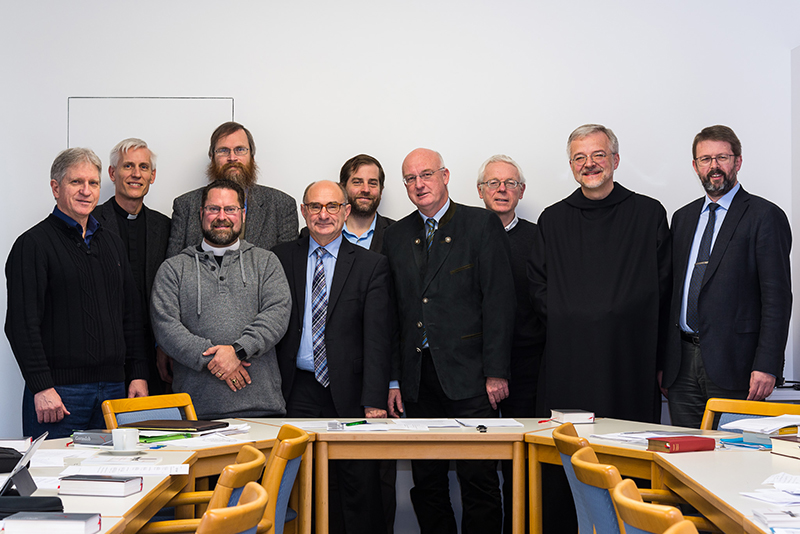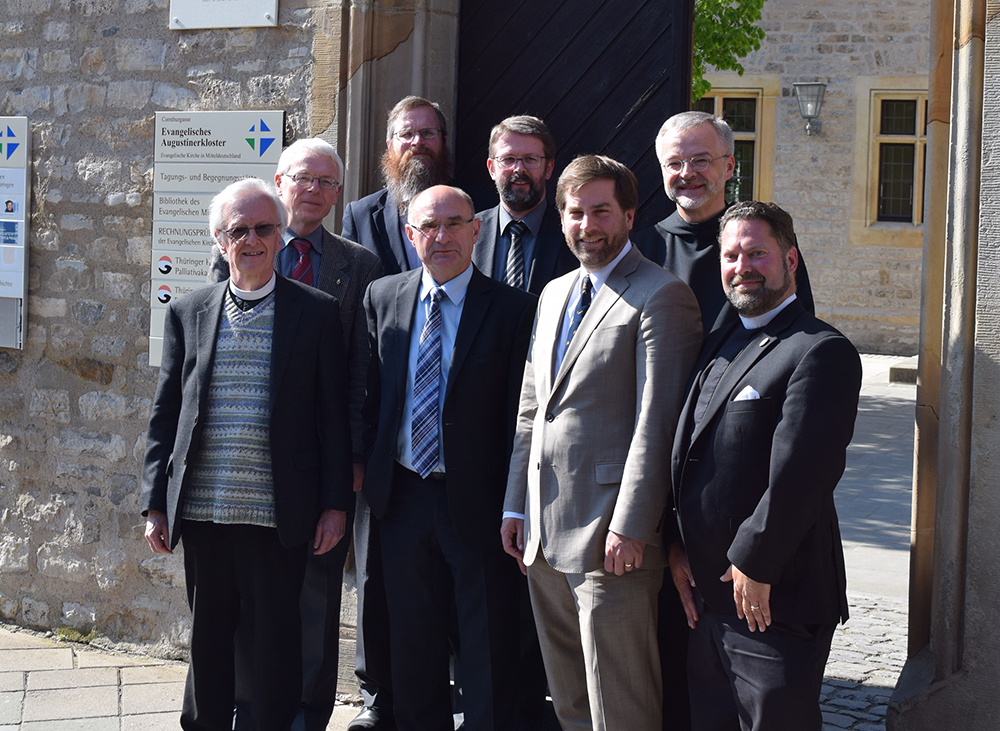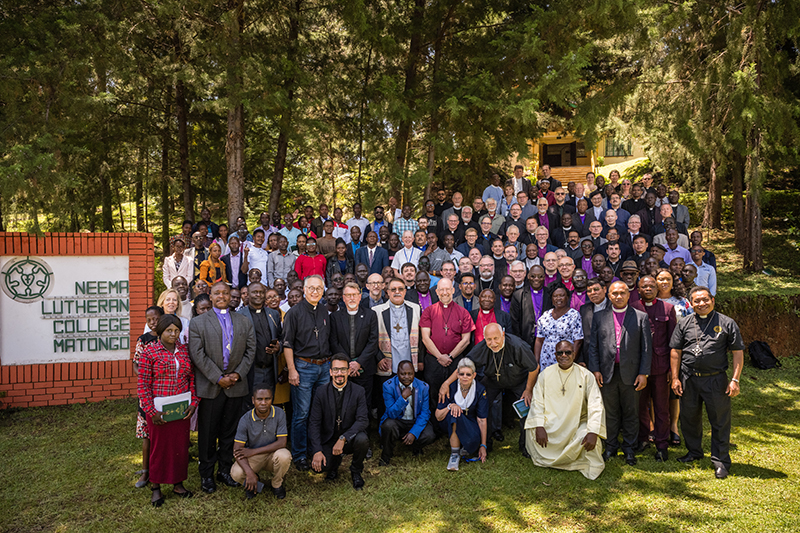
KENYA – The 27th (12th) World Conference of the International Lutheran Council (ILC) took place September 13-16, 2022 in Kisumu, Kenya, during which time the council elected a new chairman: Bishop Juhana Pohjola of the Evangelical Lutheran Mission Diocese of Finland (ELMDF).
A New Chairman for the ILC
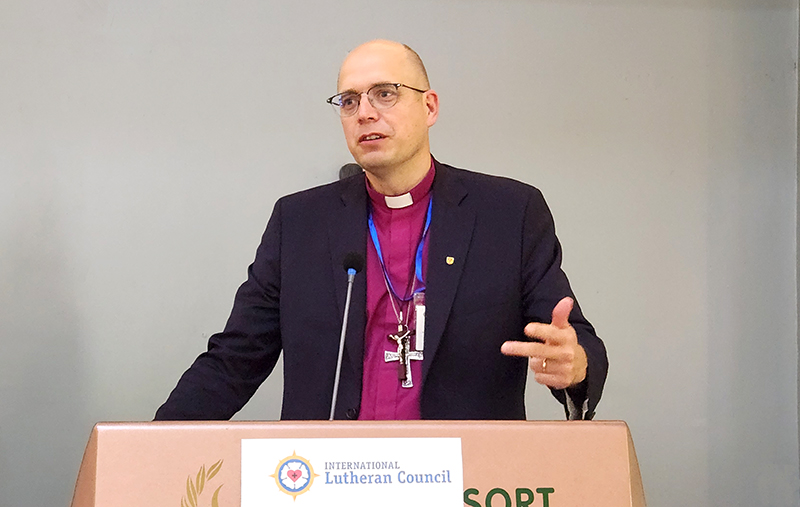
Bishop Pohjola was acclaimed as the ILC’s new chairman without opposition. Bishop Pohjola was catapulted to worldwide media attention in 2021 after Finland’s Prosecutor General charged him and a Finnish M.P., Dr. Päivi Räsänen, with hate crimes for the 2004 publication of a booklet which articulates historic Christian teaching on human sexuality. While the two were subsequently acquitted in early 2022, Finland’s Prosecutor General has since appealed, meaning the case is not yet over.
Chairman Pohjola succeeds Bishop Hans-Jörg Voigt of Germany’s Independent Evangelical Lutheran Church (SELK). Bishop Voigt, who announced earlier in the World Conference that he would not be standing for reelection, served as ILC Chairman for twelve years from 2010-2022. Prior to that, he served the ILC as Vice Chairman and as Europe Region representative, for a total of 15 years of uninterrupted service on the board.
Elected to serve as ILC Secretary during the 2022 World Conference was Bishop John Donkoh of the Evangelical Lutheran Church of Ghana. Acclaimed to serve as World Region representatives were: Archbishop Joseph Ochola Omolo (Evangelical Lutheran Church in Kenya) for Africa; President Antonio del Rio Reyes (Lutheran Church in the Philippines) for Asia; Chairman George Samiec (Evangelical Lutheran Church of England) for Europe; President Alceu Alton Figur (Evangelical Lutheran Church of Paraguay) for Latin America; and President Timothy Teuscher (Lutheran Church–Canada) for North America.
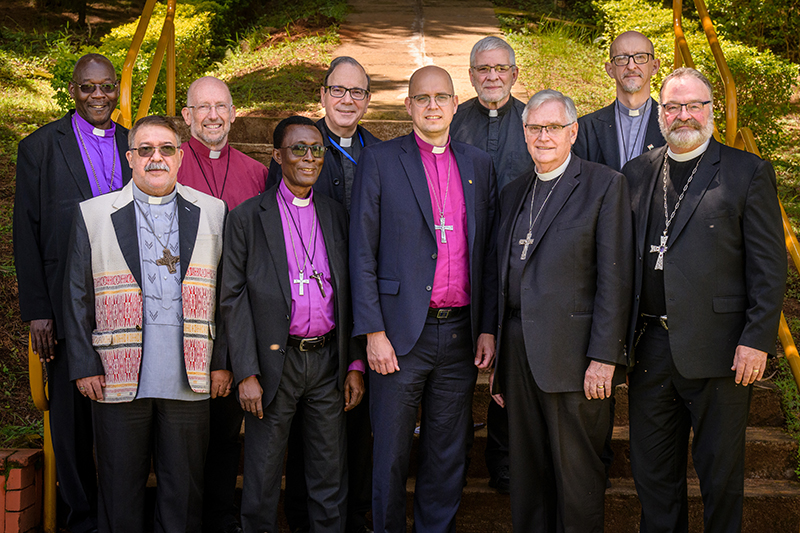
The ILC’s board of directors also includes two other members who are appointed under other criteria. Past President Robert Bugbee of Lutheran Church–Canada and President Matthew Harrison of The Lutheran Church–Missouri Synod (LCMS) remain on the board in this capacity.
ILC welcomes new members
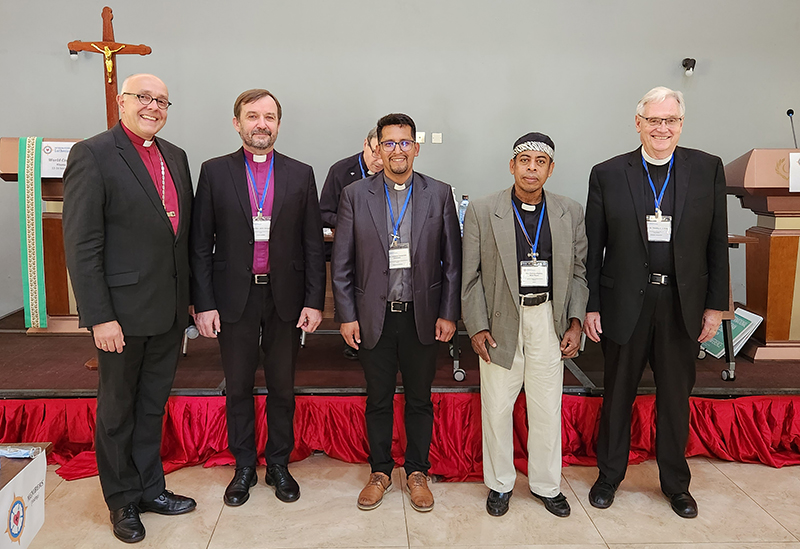
The conference brought together church leaders representing 55 church bodies from around the world, including members and guests. Reflecting the ILC’s continued growth, the 2022 World Conference voted to accept two church bodies as full members and one as an associate member. The conference also formally welcomed ten new observer members accepted into the ILC since the last world conference.
The Christian Evangelical Lutheran Church of Bolivia (previously accepted as an Associate Member in 2001) was welcomed as a full member. The Evangelical Lutheran Church of Latvia (accepted as an observer in early 2022) was also accepted as a full member. The Evangelical Lutheran Church of Panama, meanwhile, was newly accepted as an associate member.
Observer membership in the ILC can be granted by the Board of Directors without needing to wait until a world conference. In total, the board has accepted ten new observer members—all from Africa—since the last World Conference in 2018: the Hope Evangelical Lutheran Church in Burundi; the Lutheran Church in Africa – Burundi Synod; the Evangelical Lutheran Church in East Congo; the Evangelical Lutheran Conference and Ministerium of Kenya; the Lutheran Church in Africa – Côte d’Ivoire; the Confessional Lutheran Church – Malawi Synod; the Independent Evangelical Lutheran Congregation in Rwanda; and the Evangelical Lutheran Church in South Sudan and Sudan. The Lake Tanganyika Diocese and the South East of Lake Victoria Diocese of the Evangelical Lutheran Church of Tanzania make up the remaining two new observer members (accepted as “recognized organizations”).
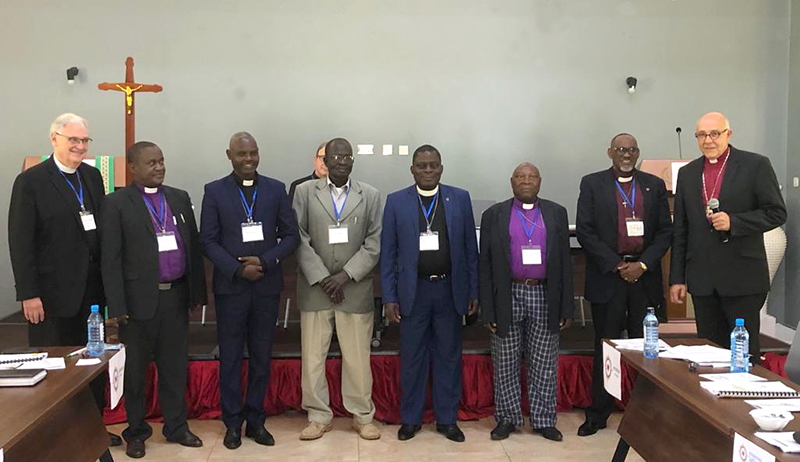
Liturgy and Ecumenical Relations
The theme for the ILC’s 2022 World Conference was “Liturgy and Culture: How Worship Shapes our Life Together and Why We Do What We Do.” Serving as essayists were Bishop Juhana Pohjola of Finland; Rev. Dr. Naomichi Masaki (Fort Wayne, USA); and Rev. Dr. Alexey Streltsov (Novosibirsk, Russia), with an additional presentation by Bishop Juan Pablo Lanterna of Chile.
Based on these presentations and ensuing discussion, the conference ultimately adopted a summary Statement on Liturgy and Culture. It further decided unanimously to produce a statement rejecting virtual communion.
Among other business, the World Conference also received a report on the results of the ILC’s recent ecumenical discussions with the Roman Catholic Church’s Pontifical Council for Promoting Christian Unity (PCPCU). The Final Report on those discussions was published in 2021, and found significant convergences between the two traditions in a number of areas.
In light of this report, and taking into account the written recommendation of Cardinal Kurt Koch of the PCPCU and ILC Chairman Hans-Jörg Voigt, the ILC World Conference adopted a resolution calling for continued ecumenical conversations with the Roman Catholic Church in the leadup to the 500th anniversary of the Augsburg Confession in 2030.
Additional news on the ILC’s 2022 World Conference can be found here.
———————

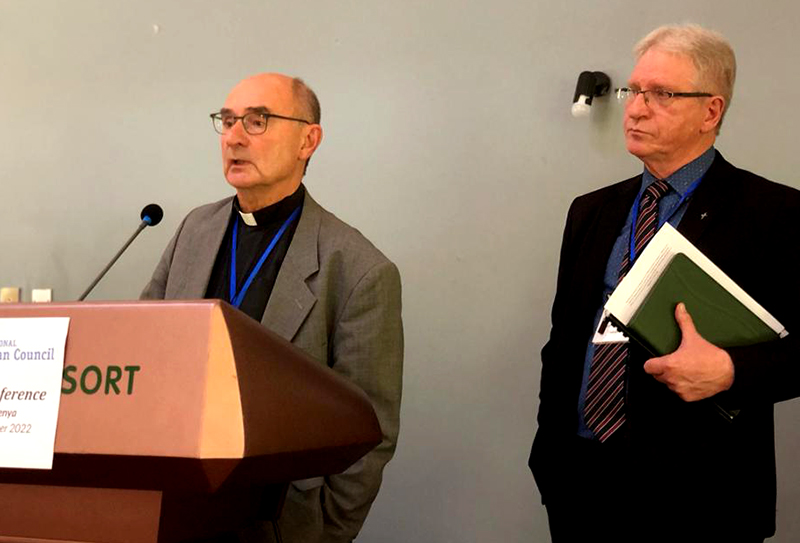
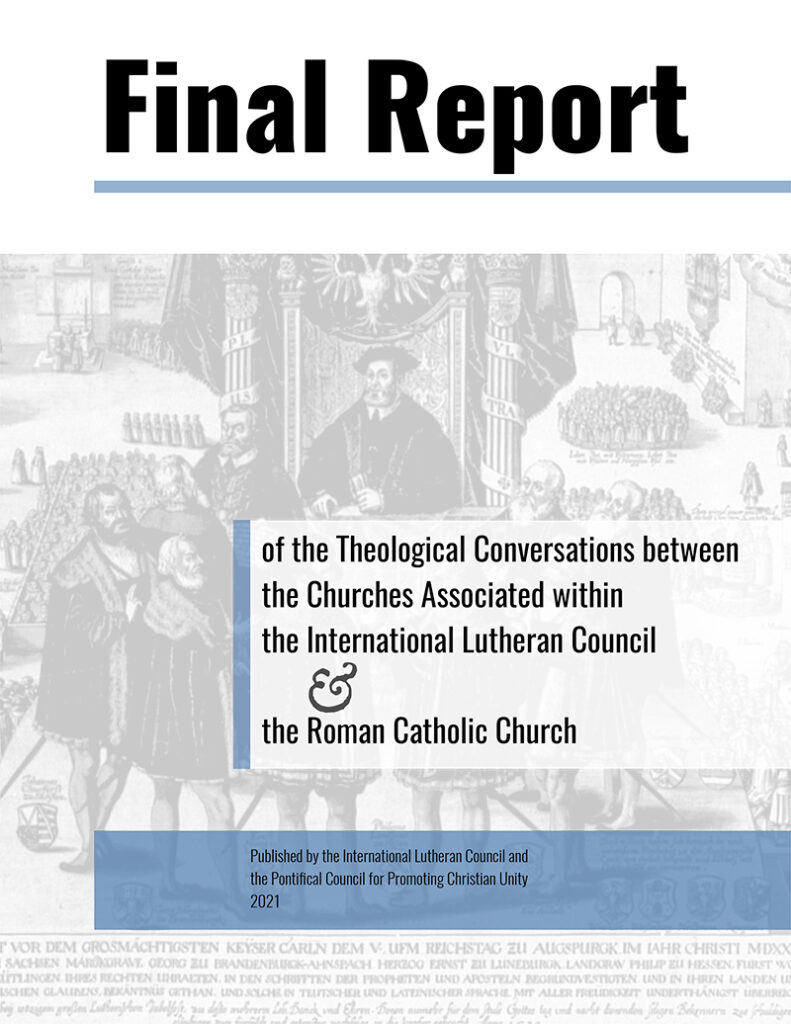
 ONLINE – The final report on conversations between the Pontifical Council for Promoting Christian Unity (PCPCU) and the International Lutheran Council (ILC) has now been released.
ONLINE – The final report on conversations between the Pontifical Council for Promoting Christian Unity (PCPCU) and the International Lutheran Council (ILC) has now been released.